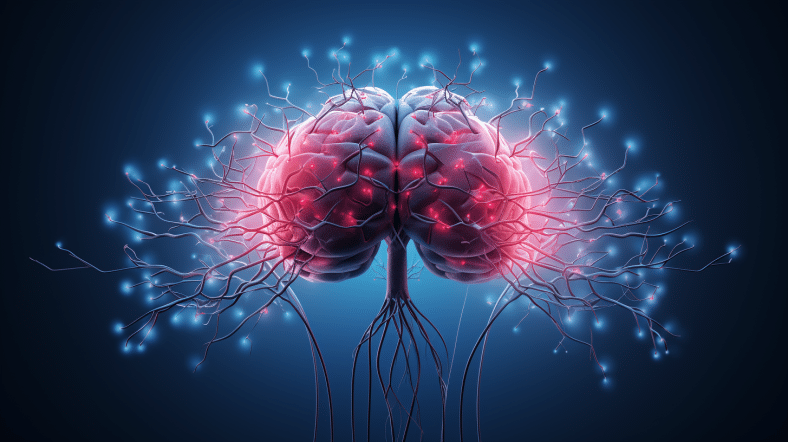Intranasal CRISPR Gene Editing for Anxiety via HTR2A Gene (5-HT2A Receptors) in Mice (2023 Study)
The innovative use of CRISPR/Cas9 gene-editing technology has taken a leap forward in mental health treatment. A new study has demonstrated the successful noninvasive intranasal delivery of this technology to modify neural circuits in the central nervous system, targeting the HTR2A gene associated with anxiety and depression. This breakthrough offers a glimpse into the future …






